Brain-Boosting Beverages


Coffee
If you can't get through the morning without a java jolt, you're not alone. About 75% of Americans are coffee drinkers, and half say they drink it daily. The caffeine in coffee really does make you more alert. A cup of joe can also help you concentrate and boost your mood when you've got the Monday blues. Plus, lifelong coffee drinkers may have a lower risk of stroke and Alzheimer's disease.
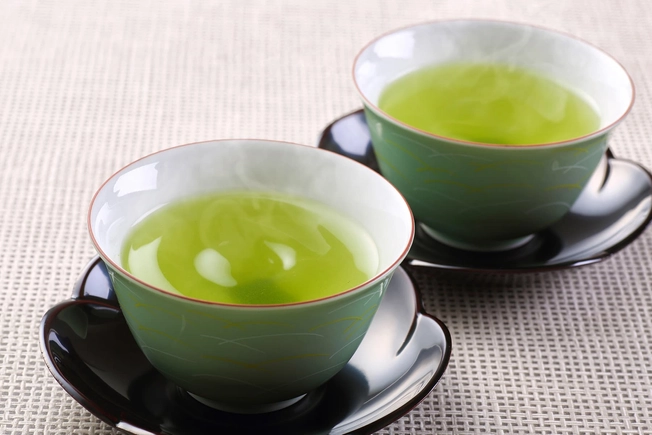
Green Tea
If you're not a coffee drinker, this nutty-flavored beverage is another way to get your daily caffeine. Like coffee, tea can make you feel more alert. It may help tune out distractions like the noisy co-worker in the next cube too. There's also evidence that the green stuff improves memory and attention. Experts can't point to one component that makes these leaves so brain healthy. It's likely the blend of healthy plant chemicals it contains.
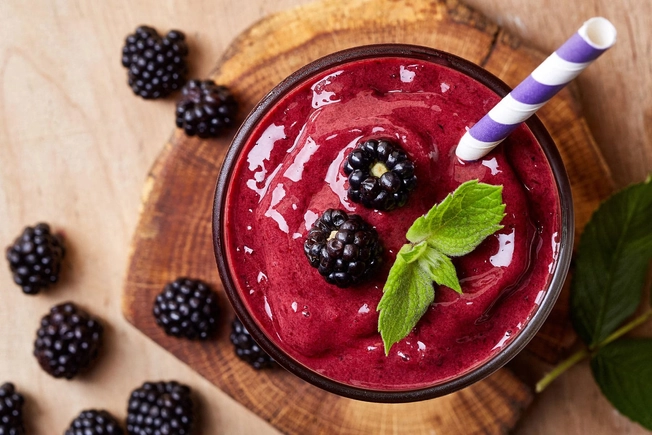
Berry Juices
Throw some blueberries, raspberries, blackberries, and strawberries into a juicer, or blend them into your favorite smoothie. However you drink them, berries are brain food. They're high in antioxidants that protect your cells from damage. The little fruits are also a good source of plant chemicals like anthocyanins that support healthy memory. Just watch out for store-bought juices. They can be high in sugar.
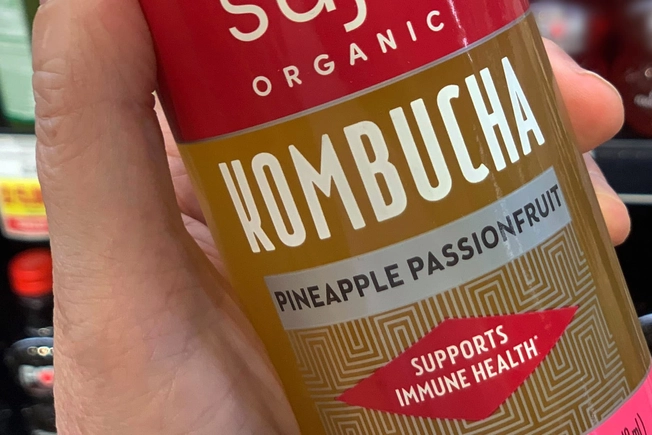
Kombucha
Fans of this fizzy fermented drink claim it helps with everything from high blood pressure to diabetes and cancer. Kombucha is a mixture of black tea, sugar, bacteria, and yeast. Labels say these healthy germs boost immunity and bring down inflammation, though there isn't much evidence to support the claims. But beware: If you don't prepare this sour tea right and store it in the fridge, you could drink some bad germs along with the good.
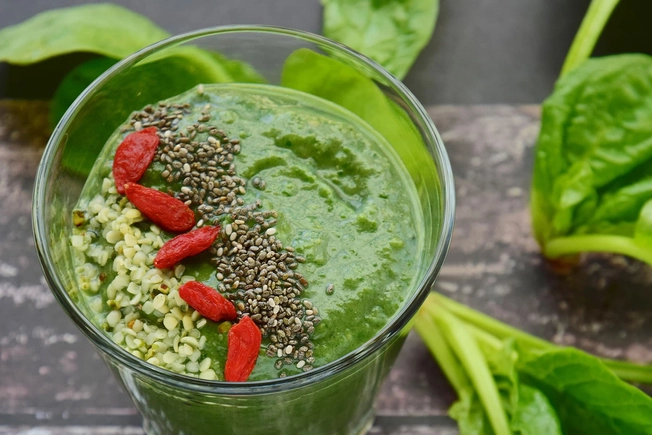
Green Smoothie
Just one serving of greens a day can help slow mental decline as you age, research finds. Spinach, kale, and collard greens are rich in brain-friendly nutrients like folate and lutein. But you don't need to eat them in salad form, or even on a plate, to reap their benefits. Blend 2 ounces of greens with berries, a banana, and ice for a rich, nutritious treat that's also loaded with vitamins A and C.
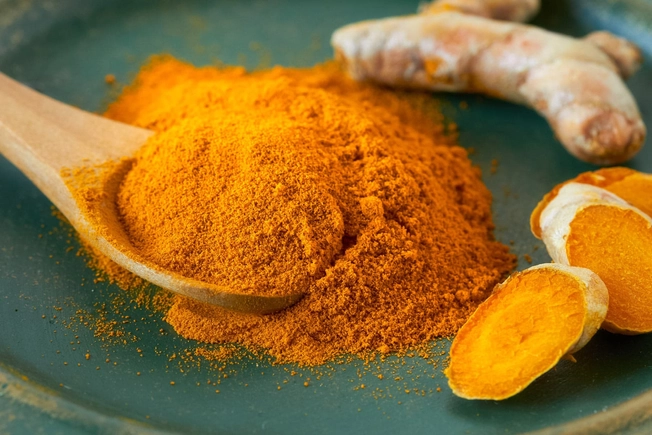
Turmeric Tea
This yellow spice is a main ingredient in curry, and it adds an earthy flavor to tea. Turmeric has been a part of Chinese and Indian medicine for centuries. Thanks to its anti-inflammatory properties, turmeric is useful for skin, joint, and digestive issues. Researchers are now looking at its protective effects on the brain and whether it might improve memory and slow the progression of Alzheimer's disease.
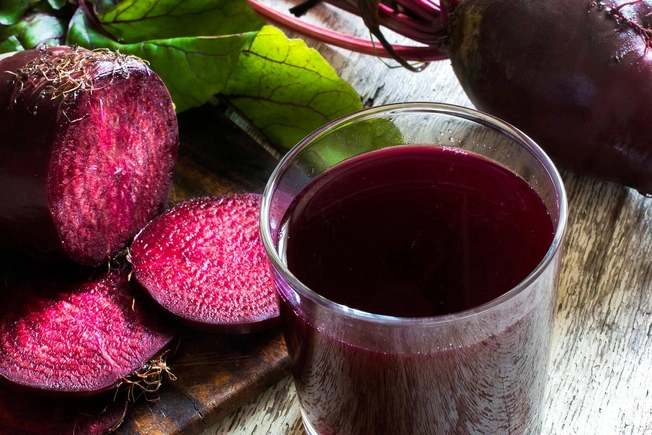
Beetroot Juice
Beets are a root vegetable. Their juice is high in antioxidants that protect against damaging substances in the body called free radicals. It also has nitrates that relax blood vessels and may help to reduce high blood pressure -- a risk for stroke and dementia. Plus, this sweet and earthy juice helps fight fatigue.
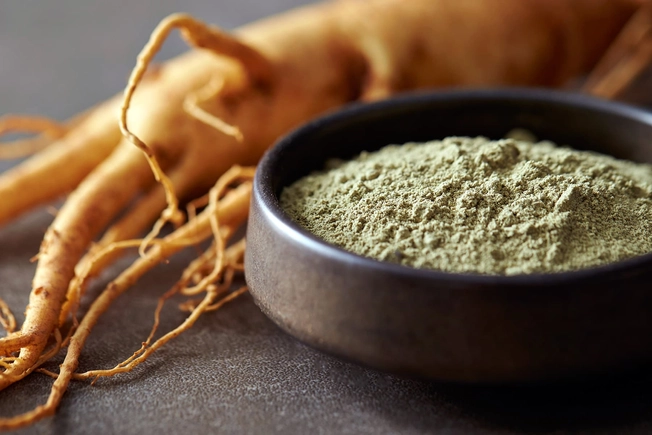
Ginseng Tea
This root has been a staple of traditional Chinese medicine for centuries. It may help increase stamina, boost concentration, and improve memory. Researchers are studying whether it could also protect against depression, Parkinson's, and Alzheimer's disease. Asian ginseng can cause side effects, including trouble sleeping. Because it can lower blood sugar, check with your doctor before using it if you have diabetes.

Hot Chocolate
Cocoa is rich in flavanols, plant-based substances that help improve attention, processing speed, and memory. A cup of this rich brew might also protect against mental decline, especially in people who are at higher risk for dementia. Stick to dark chocolate, which has more flavanols than milk or white. And don't overdo it. Chocolate is high in fat, calories, and sugar.
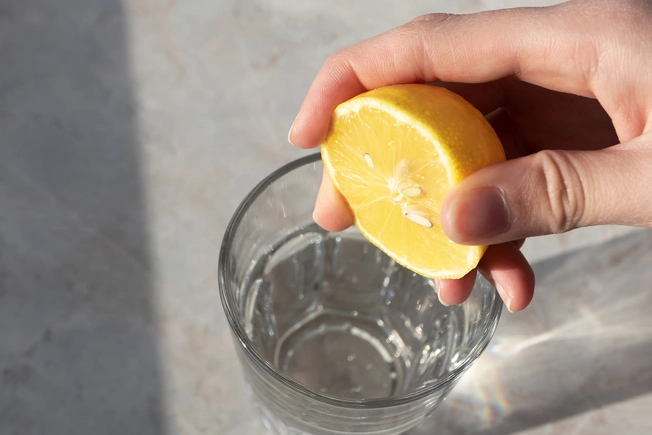
Lemon Water
Your whole body needs water -- including your brain. When you're dehydrated, your mental function suffers. Water makes up 75% of your brain's volume and acts as a natural shock absorber. Add a squeeze of lemon to your glass of water for both flavor and nutrition. Lemon has plant nutrients that protect your cells from damage. Plus, some people find that its scent improves their mood.

Red Wine
If a glass relaxes you, enjoy it. Red wine is high in natural chemicals that fight inflammation and protect cells in your brain from damage. Moderate wine drinking could help prevent the blood clots that can lead to stroke and reduce the risk of dementia. Just watch how much you drink. More than one glass a day for women and two for men can worsen brain changes and increase dementia risk.
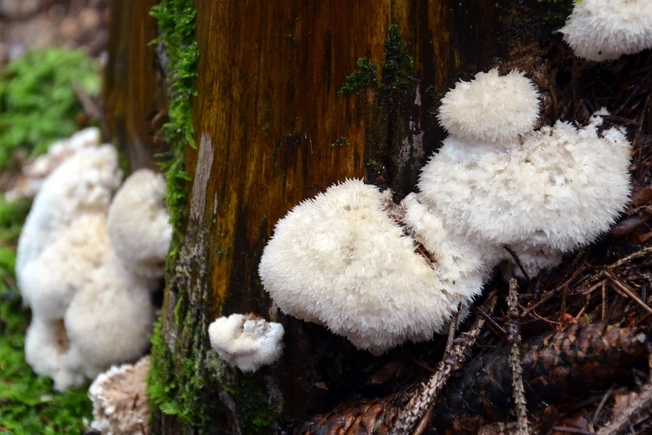
Lion's Mane Mushroom Tea
These large white fungi get their name from their fur, which looks like a lion's mane. A staple of Asian cooking and medicine, they are less popular in the United States. That's a missed opportunity because research shows they protect brain cells and improve mild cognitive impairment -- a decline in mental abilities that precedes dementia. Lion's mane mushrooms make a good addition to tea.